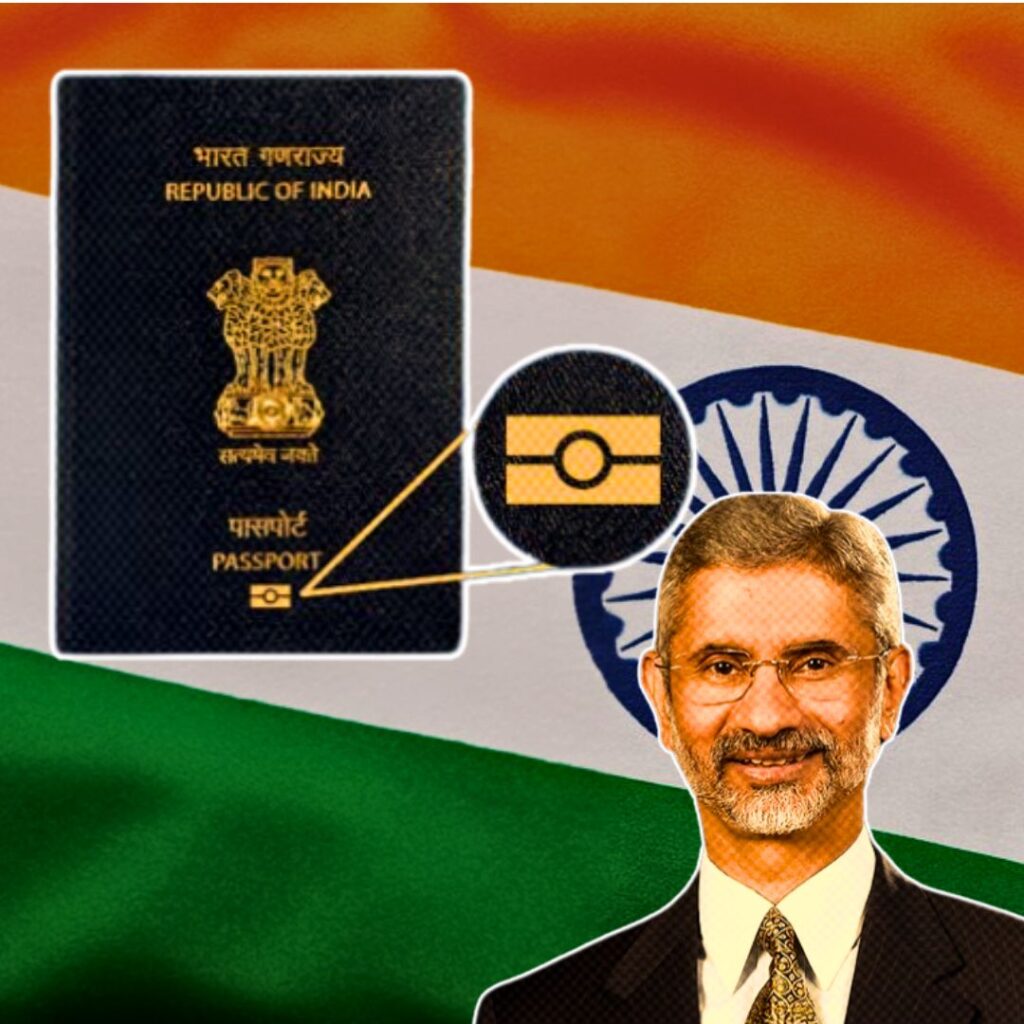Obesity is a disease that has plagued the young and old equally in almost every region. According to the World Heart Foundation, if the obesity graph continues at the rate at which it is progressing, as many as one billion people will be living with obesity by 2025.
In India, obesity has been observed among many, right from a young age. A recent global study published by the World Obesity Federation (WOF) points to the worrying numbers of childhood obesity cases. Obesity among children is likely to see an annual rise of 9.1 per cent by 2035 in the country. This would bring in a larger health concern later on if necessary prevention, treatment, and support are not provided.
Obesity Risk Predicted To Rise
The report published by the World Obesity Federation suggests that more than half the global population will be obese and overweight within 12 years if necessary prevention, treatment, and support systems are not improved. The report comes in light of World Obesity Day, observed every year on March 4, and pushes for more practical actions to help people achieve a healthy weight. It predicts the obesity graph to rise by alarming levels and calls for collective action to reverse the global obesity crisis.
In India, about 11 per cent of its population is predicted to be obese by 2035. Of these, childhood obesity will predominantly see an annual rise of 9.1 per cent. The ‘World Obesity Atlas 2023’ report reflects on the obesity graph of the country by taking into consideration data from 2020. Boys in India had a three per cent obesity risk in 2020, and by 2035 the risk is likely to go up by 12 per cent. Meanwhile, for girls, the risk is expected to rise from two per cent to seven per cent within 12 years.
As for data regarding the adults, the obesity risk is expected to rise from seven to 13 per cent for Indian women and from four to eight per cent for men. The study conveyed that continuous failure to improve the prevention and treatment of obesity could contribute to a total economic impact of $4.32 trillion – nearly three per cent of the global Gross Domestic Product (GDP). In India, such a health crisis could impact about 1.8 per cent of the national GDP. However, the report also noted that the economic impact is in no way a reflection of blame on people living with obesity, which happens to be a chronic, relapsing disease.
Need For Changes On Global Policy-Level
This year’s report is considered a clear warning that by failing to address obesity appropriately, policymakers are paving the way to serious health repercussions in the future. Professor Louise Baur, President of the World Obesity Federation, noted, “It is particularly worrying to see obesity rates rising fastest among children and adolescents.” In the statement, he called for an urgent change on the global policy level to avoid passing on the burden of health, social, and economic costs to the younger generation.
Among the leading reasons for rising obesity cases in the lower income countries include a shift to highly processed foods, greater levels of sedentary behaviour, weaker policies to control the food supply and marketing, and less well-resourced healthcare services to assist in weight management and health education.
Baur stated that the one-step solution to it all is to actively involve young people in finding the solutions. Collaboratively the government and youngsters would have to look into the root factors that contribute to obesity and act upon it. The timely action adopted today can “help billions of people in the future,” says Baur.
The report also sheds light on the variations in preparedness across geographical regions and national income levels. For example, the average preparedness ranking for low-income countries is 154/183 as compared to 29/183 among high-income countries. India’s preparedness was at an “average,” with it ranking at 98 out of 183 countries. According to a report by The Print, all ten of the most prepared countries are in Europe, while eight of the ten least prepared countries are in the African region. The report will be presented to United Nations policymakers and member states at a high-level policy event on March 6.
Also Read: Obesity Can Lead Up To 53 Diseases; How Is It Emerging As An Epidemic?
https://thelogicalindian.com/h-upload/2023/03/04/500x300_230257-untitled-design-13.webp
Trending
2023-03-04 09:19:46.0
Obesity Likely To Affect More Than Half Of Global Population By 2035, Says Study











